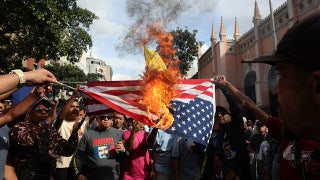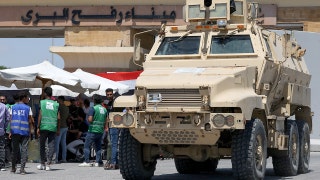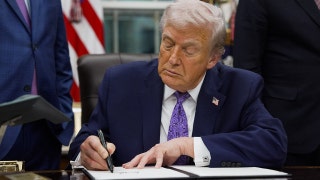DHAKA, Bangladesh – Bangladesh's High Court asked the government on Wednesday to explain why local officials failed to provide security to minority Buddhists whose homes, temples and businesses were attacked over a picture of a burned Quran posted on Facebook.
A two-judge panel asked top bureaucrats of the Home Ministry and local administrators to reply within a week and ordered authorities to ensure safety in troubled areas of southern Bangladesh.
The judges ruled after a lawyer presented several newspaper reports on last weekend's attacks. At least 10 temples and 40 homes were torched, looted or vandalized in the coastal district of Cox's Bazar.
The court also asked a government-formed investigative committee to submit its findings to it by Oct. 17.
The government has already removed a local police chief for failing to thwart the attacks.
A 25-year-old Buddhist man has been blamed for the Facebook posting but local media quoted him as saying he was not responsible.
No new violence has been reported since the government deployed military troops, paramilitary border guards and police at Ramu in Cox's Bazar district. Authorities have also increased security around two camps of Rohingya Muslims in the district. Many villagers have blamed them for the violence, although there is no clear evidence of their involvement.
Home Minister Mohiuddin Khan Alamgir has blamed radical groups, citing initial reports, but said authorities are still investigating the attacks.
On Wednesday, about 500 Buddhists who lost their homes were staying in makeshift tents installed by authorities in Ramu.
The government has provided rice and other dry food to the displaced Buddhists, local official Jasim Uddin said.
Religious Affairs Minister Mohammad Shahjahan Mian visited the area on Wednesday and hosted a "peace meeting" with representatives from all religions and local leaders.
"I urge you to maintain communal harmony as you have maintained it decades after decades," he told the meeting, attended by about 500 people. "The government is committed to protect minority groups."
He said authorities would rebuild the damaged temples and stand by the Buddhists who have lost their homes.
Buddhists make up less than 1 percent of Muslim-majority Bangladesh, and followers of the two religions usually coexist peacefully.
In the 1990s, about 250,000 Rohingya Muslims fled to Bangladesh to escape alleged persecution by Myanmar's military junta.
Myanmar later took most of them back, leaving some 28,000 in two camps run by Bangladesh's government and the United Nations.
Bangladesh has been unsuccessfully negotiating with Myanmar for years to send them back. In the meantime, tens of thousands of others have entered Bangladesh illegally.
Only about 300,000 Bangladeshis, or about 0.2 percent of the country's 150 million people, are Facebook users.
___
Ahmed reported from Cox's Bazar.








































